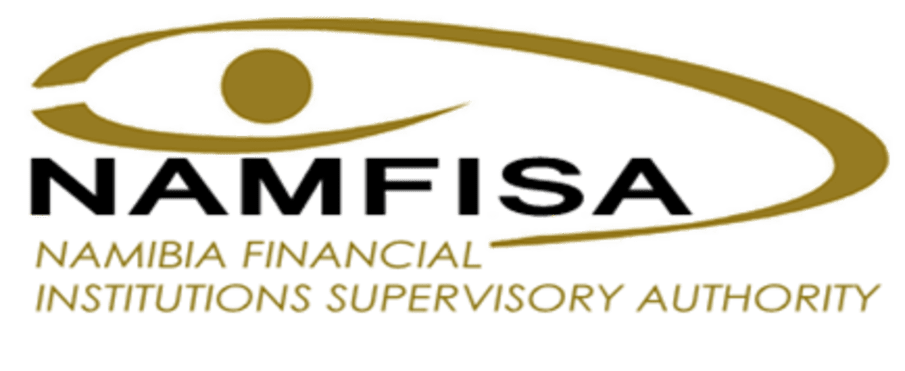Dear readers,
In the previous edition, I shared some insight on the need for consumers to save and spend their earnings wisely. I also shared advice on the need to move from being a mere consumer of goods and services to being a key player in the provision of those goods and services. I particularly focused on the financial industry, which, as we know, was by and large dominated by foreign players. Namibians are therefore merely reduced to becoming consumers of those financial services and products through payment of premiums and borrowing of money.
I reiterate that if we are to move forward as a country, it’s required that we start thinking and doing things differently. Namibians need to be masters of their destinies, and they can only do that if they start
taking an active interest in managing their own financial wellbeing.
Financial independence does not happen automatically. It will require concerted effort and changes of mind regarding how we treat our finances. We need to inculcate habits that will secure our future and those of our offspring in the future, since financial habits formed early in life inflluence behaviour in adulthood. Therefore, combining fiinancial literacy access to secure savings and/ or business start-up loans can help set positive fiinancial management habits, build assets, avoid costly pitfalls, establish a nest egg for future goals or emergencies and launch a revenue-generating enterprise. By being financially savvy, we will inspire the next generation to improved economic performance.
On the contrary, being excluded from mainstream financial services means that those who can at least afford to do so will end up paying more for their basic needs, including the cost of energy, as they cannot benefit from the cheaper tariffs linked to payments by direct debit. They will invariably pay more for their credit needs, as they have no access to affordable rates from credit grantors.
“I reiterate that if we are to move forward as a country, it’s required that we start thinking and doing things differently.”
As regulator of the financial industry and party to the Government’s Financial Sector Strategy, it is NAMFISA’s goal to create financial inclusiveness by creating the necessary environment to provide Namibians with access to appropriate ranges of financial products and services that allow them to effectively manage their money, regardless of their level of income or social status. For financial inclusion to be achieved, people need to be supported to have, as a minimum, some basic financial skills, product knowledge and understanding. This is therefore a clarion call to all providers of financial services and products to start working towards tailoring their products and services to the needs of those they serve, instead of providing products and services that add no value other than serving as a postponed financial burden.
As a parting note, I would also like to encourage consumers of financial services to take the notion of financial inclusion seriously and work towards educating themselves on the subject of inclusion.
Financial inclusion should not be treated as a matter for government, regulatory authorities and the financial institutions. The consumers, too, should play a role in appreciating the fundamentals of financial inclusion to ensure that they are not financially excluded for much longer. If we achieve financial inclusion as per our Financial Sector Strategy, we are likely to collectively reduce or eliminate hardship amongst the most vulnerable and disadvantaged members of our society.
Phillip N. Shiimi
NAMFISA CEO
